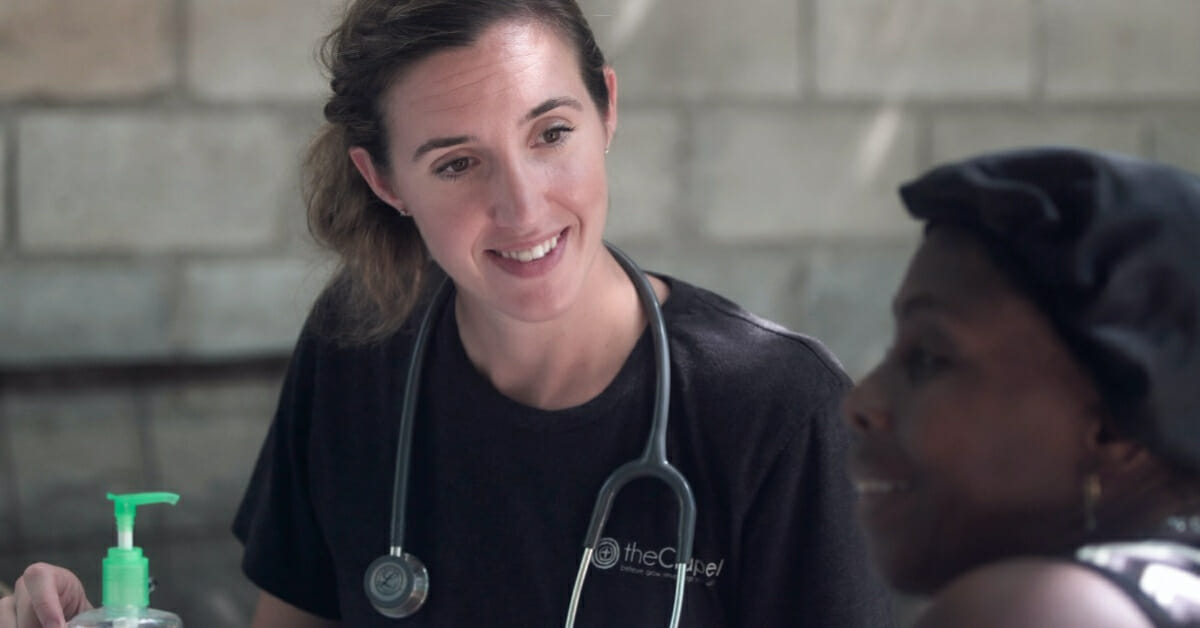Clinical Neurology II builds upon foundational knowledge to explore advanced neurological conditions and specialized patient populations. This course delves into CNS infections, neurodegenerative disorders, and complex movement disorders, with a particular focus on Parkinson’s disease and various dementia syndromes.
Students will master the evaluation and management of CNS tumors, sleep disorders, and conditions affecting balance and equilibrium. The curriculum emphasizes discussions of diagnosis and treatment of common neurological complaints such as headaches and neuropathic pain syndromes. Special attention is given to neurologic emergencies and the unique aspects of pediatric neurology.
Through case-based learning, students will develop advanced diagnostic reasoning and management skills essential for complex neurological care. It is recommended to take the course Clinical Neurology I before moving forward to this class.
Learning objectives
After the completion of this course, students should be able to:
- Diagnose and initiate treatment for common CNS infections including meningitis and encephalitis.
- Differentiate between various movement disorders and prescribe appropriate therapeutic regimens.
- Apply current diagnostic criteria for different types of dementia and cognitive disorders.
- Describe the pathology, clinical features, and management of CNS tumors.
- Discuss different sleep disorders and their adequate management.
- Distinguish between central and peripheral causes of vertigo and balance disorders.
- Distinguish between different types of headaches based on their pathophysiology and/or clinical presentation, and understand their diagnosis and adequate management.
- Design comprehensive pain management strategies for neuropathic pain syndromes.
- Execute rapid assessment and intervention protocols for neurologic emergencies.
- Adapt neurological examination techniques for pediatric patients.
- Integrate psychiatric and neurologic care in complex cases.
Course outline
- CNS Infections
- Parkinson Disease and Movement Disorders
- Dementia and Amnestic Conditions
- CNS Tumors
- Sleep Disorders
- Vertigo, Dizziness, and Disorders of Balance
- Headache
- Neuropathic Pain Syndromes
- Neurologic and Psychiatric Emergencies
- Pediatric Neurology

